 Diplomatic immunity has been an integral aspect of international relations for centuries, serving as a vital mechanism that allows diplomats from various nations to perform their duties effectively and efficiently, free from the legal constraints and potential harassment within the host country. This privilege ensures that diplomatic agents can advocate for their home country’s interests without the looming threat of legal repercussions from the host nation’s judicial system. The rationale behind diplomatic immunity is rooted in the need to maintain diplomatic channels open and unobstructed, facilitating smooth communication and negotiation between states, which is essential for international cooperation and global stability.
Diplomatic immunity has been an integral aspect of international relations for centuries, serving as a vital mechanism that allows diplomats from various nations to perform their duties effectively and efficiently, free from the legal constraints and potential harassment within the host country. This privilege ensures that diplomatic agents can advocate for their home country’s interests without the looming threat of legal repercussions from the host nation’s judicial system. The rationale behind diplomatic immunity is rooted in the need to maintain diplomatic channels open and unobstructed, facilitating smooth communication and negotiation between states, which is essential for international cooperation and global stability.
However, the shield provided by diplomatic and consular immunity also presents significant challenges and ethical dilemmas, particularly when it comes to issues of justice and accountability. While it protects diplomats from legal action in their host countries, there have been instances where such immunity has been misused, leading to serious criminal activities going unpunished. This raises critical questions about the balance between ensuring the effectiveness of diplomats and upholding the rule of law. The dichotomy between diplomatic immunities and the potential for its abuse creates a complex legal and moral issue that countries and international bodies must navigate carefully.
In response to these challenges, this article aims to dissect the nuances of diplomatic immunities, tracing its historical roots back to ancient civilizations while also examining its evolution into the structured framework we recognize today under international law. We will explore several pivotal case studies that underscore both the advantages and the pitfalls of diplomatic immunity in contemporary settings. These examples will not only illustrate the practical applications and implications of diplomatic immunity but also highlight ongoing debates about its scope and limitations in the face of changing international dynamics. Through this detailed exploration, the article seeks to provide a comprehensive understanding of diplomatic immunity, revealing its indispensable role in international diplomacy alongside the critical need for mechanisms to prevent its misuse.
What is Diplomatic Immunity?
Diplomatic immunity refers to the legal protection afforded to diplomats from the jurisdiction of the host country’s courts and other authorities. This allows them to perform their diplomatic functions without hindrance and also promotes mutual respect among nations.
Origins and Legal Basis
The concept of diplomatic immunities dates back thousands of years, with early records found in ancient Indian, Greek, and Roman texts. However, the modern framework was largely shaped by the Vienna Convention on Diplomatic Relations of 1961, which codified most diplomatic immunities and privileges internationally.
Scope and Limitations
Diplomatic immunity covers various areas, including immunity from local jurisdiction and inviolability of the diplomatic mission premises. However, it does not grant carte blanche for criminal behavior; the home country can waive immunity in serious cases, and the diplomat can be prosecuted upon return to their home country.
Notable Case Studies
Several high-profile incidents involving diplomatic immunities have stirred public debate and scrutiny. These cases highlight the practical challenges and moral dilemmas posed by diplomatic immunities.
Case Study 1: The Lockerbie Bombing
One of the most infamous cases related to diplomatic immunities involved the bombing of Pan Am Flight 103 over Lockerbie, Scotland, in 1988. The involvement of Libyan diplomats, protected under diplomatic immunities, complicated the subsequent investigation and prosecution.
Case Study 2: The Raymond Davis Incident
In 2011, Raymond Davis, a CIA contractor in Pakistan, claimed diplomatic immunities after fatally shooting two men in Lahore. The incident resulted in a diplomatic standoff between the United States and Pakistan, with questions about the limits of diplomatic immunities in cases involving serious crimes.
Case Study 3: The Khobragade Incident
In 2013, Devyani Khobragade, an Indian diplomat in the United States, was arrested for visa fraud concerning her domestic worker. The incident sparked international tensions and debates over the application of diplomatic immunities, especially regarding non-consular actions.
Challenges and Criticisms
Despite its foundational role in international diplomacy, the principle of diplomatic immunities is not without its critics. Issues often arise regarding the balance between diplomatic privileges and the pursuit of justice.
Abuse of Immunity
There are numerous instances where diplomatic immunities may be perceived as a shield for criminal activities. Cases involving serious crimes, such as human trafficking and abuse, raise significant ethical and legal challenges.
Impact on Public Perception
High-profile abuses of diplomatic immunities can lead to public outrage and negatively impact bilateral relations. Ensuring that immunity is not misused is crucial to maintaining trust and respect between nations.
Mitigating Abuses
Addressing potential abuses of diplomatic immunities without compromising its core purposes requires careful international cooperation and robust legal frameworks.
Role of Waivers
The home country of the diplomat can play a crucial role by waiving immunity in appropriate cases, thus allowing for legal proceedings to take place.
International Guidelines
Strengthening international guidelines and ensuring their consistent application can help mitigate risks associated with diplomatic immunities. Promoting transparency and accountability is key to maintaining the integrity of diplomatic relations.
结论
Diplomatic immunity remains a vital aspect of modern international relations, facilitating diplomacy and protecting diplomats. However, its application must be carefully managed to prevent abuses and ensure justice. At William Blackstone Internacional, we have assisted many clients in navigating the complexities of diplomatic immunities, ensuring that their goals are met with professionalism and respect for international law. By fostering a deeper understanding and responsible use of diplomatic immunities, nations can continue to engage in productive international relations while respecting the rule of law and human rights. For further insights into diplomatic law and its applications, visit our dedicated sections on international law, diplomatic practices, and more at www.wblackstone.com.













